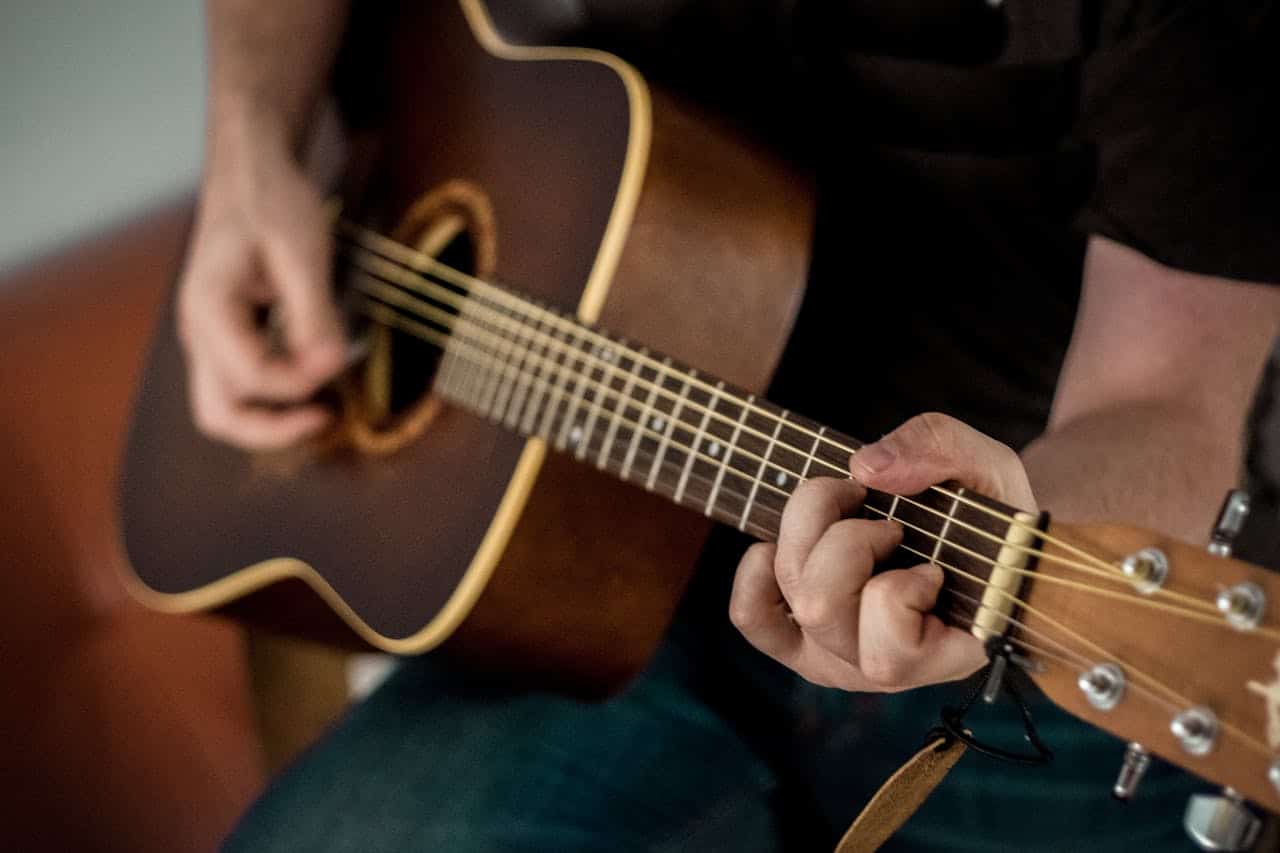When considering activities that might threaten your hearing, you probably think of loud noises like fireworks or airplanes taking off. However, did you know that playing in a band can also impact your hearing? In fact, some instruments can reach noise levels high enough to cause permanent hearing damage.

Noise-Induced Hearing Loss
The human ear is an intricate system, and its delicate parts are vulnerable to damage. When soundwaves enter the ear, they pass through various structures until they reach the inner ear, where tiny hair cells convert them into electrical signals. These signals are sent to the brain via the auditory nerve, allowing you to perceive sound.
However, exposure to loud sounds, whether from a single explosive noise or prolonged exposure to high volumes, can harm these hair cells, resulting in noise-induced hearing loss (NIHL). Sounds are measured in decibels (dB), and exposure to levels above 85 dB can cause hearing damage over time.
How Musicians Are Affected
It’s not just rock bands and construction workers who need to worry about hearing loss. Professional musicians, especially those playing in orchestras, are often exposed to sound levels that exceed safe limits. Instruments like the trombone, piccolo, and even the piano can produce dangerously loud sounds during performances or rehearsals, putting musicians at risk for NIHL.
Musicians rely heavily on their hearing for their craft, making any hearing loss particularly devastating. Even mild hearing damage can result in problems such as difficulty discerning pitch, abnormal loudness sensitivity and tinnitus.
Protecting Your Hearing as a Musician
While the risks are real, musicians don’t have to sacrifice their hearing in order to pursue their passion. Here are a few steps you can take to protect your ears while still playing your best:
- Use high-quality earplugs. Specially designed earplugs for musicians reduce sound to safer levels without distorting the quality of the music.
- Consider using mutes. Certain instruments, like brass or wind instruments, can be fitted with mutes that help lower their overall volume, making practice sessions safer.
- Monitor sound levels. Using a sound level meter can help you understand just how loud your environment is and when it might be time to take a break or put in ear protection.
If you’re concerned about protecting your hearing while playing music, consulting with a hearing professional is a good idea. They can guide you on the best practices for safeguarding your hearing while continuing to enjoy your passion for music. For more information, contact the specialists at Southwestern Hearing & Balance today.
[related-posts]
